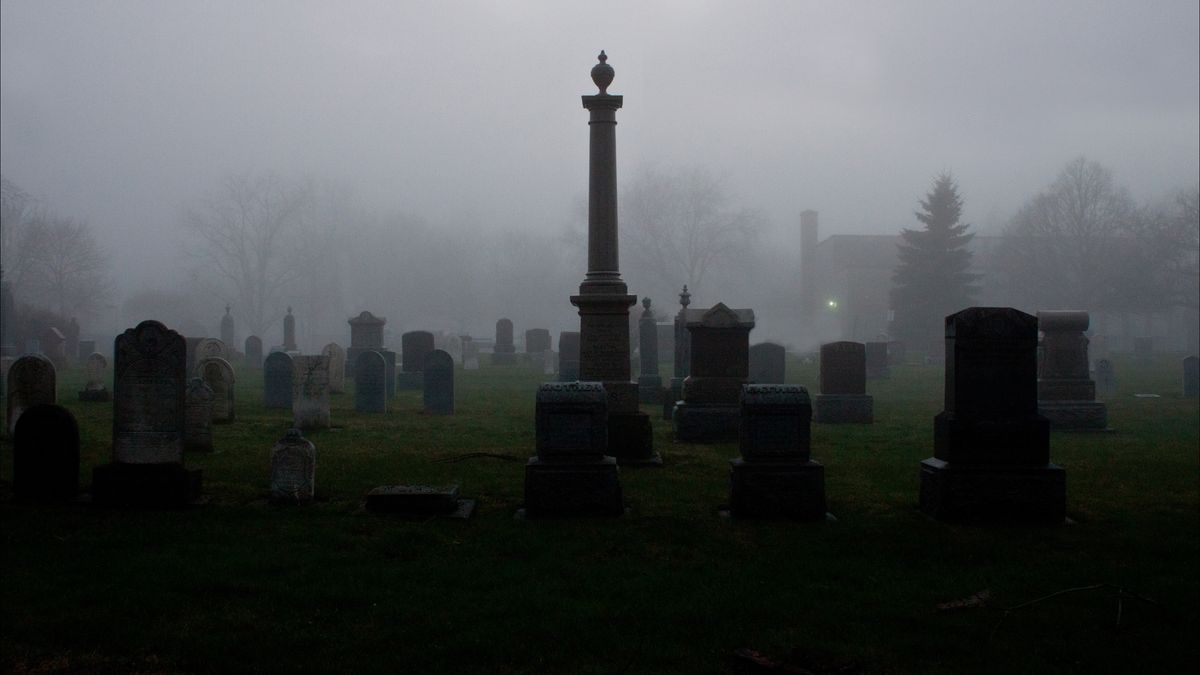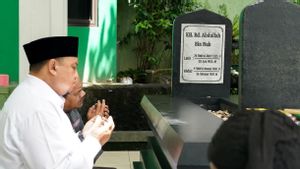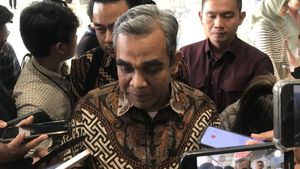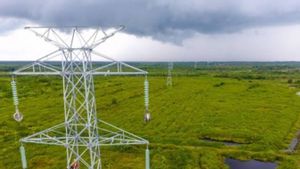JAKARTA - The Bambu Apus public cemetery (TPU) as a special burial place for the bodies of COVID-19 has been used since Thursday, January 21. Just opened for 5 days, TPU Bambu Apus has buried 142 bodies.
"On Monday afternoon, 142 were buried, nearly 150. Today's data only 18 bodies," said Muhaemin, the person in charge for the Covid-19 Cemetery at Pondok Ranggon Cemetery, when confirmed, Monday, January 25.
Muhaemin explained that on Thursday, January 21, there were 9 bodies which were buried. The next day, the bodies that came surged in one day in a row were 37 bodies, 40 bodies, 38 bodies, and 18 bodies.
A total of 700 graves were prepared. With so many new bodies being buried, Muhaemin estimates that this 3,000 hectare plot of land will be full in one month.
"Because the average body buried in a day reaches more than 35 bodies. Because indeed the land that is currently being prepared is only for 700 graves, and now there are nearly 150 graves being used," he said.
Previously, the Head of the City Park and Forest Service, Suzi Marsitawati, said that the DKI Jakarta Provincial Government has spent a budget of IDR 185 billion to buy 5 new grave lands since the end of 2020.
However, Suzi admitted that not all of the land for public burial sites (TPU) specifically for COVID-19 can be used at this time. The graves that can be used are in the Srengseng Sawah Cemetery, South Jakarta and the Bambu Apus TPU, East Jakarta.
Meanwhile, TPU Dukuh, East Jakarta, TPU Semper, North Jakarta and TPU Joglo, West Jakarta cannot be used. This is because the three locations are still in land preparation.
"We need time right now. Right now the conditions have not been arranged. So, we will arrange a little more, we will improve," said Suzi at the DKI City Hall.
Suzi said one of the obstacles that caused the length of time to open a new grave area specifically for COVID-19 was the limited heavy equipment owned by the DKI Jakarta Highways Agency.
However, Suzi admitted that his party was accelerating the land clearing process. "My officers work every day until 11 pm. That requires high enthusiasm as well. It's a shame that they work hard, not to mention the high risk," Suzi explained.
The English, Chinese, Japanese, Arabic, and French versions are automatically generated by the AI. So there may still be inaccuracies in translating, please always see Indonesian as our main language. (system supported by DigitalSiber.id)













